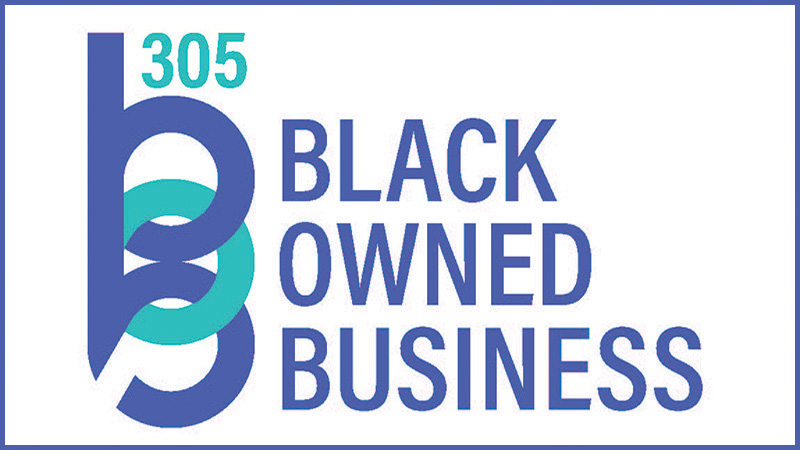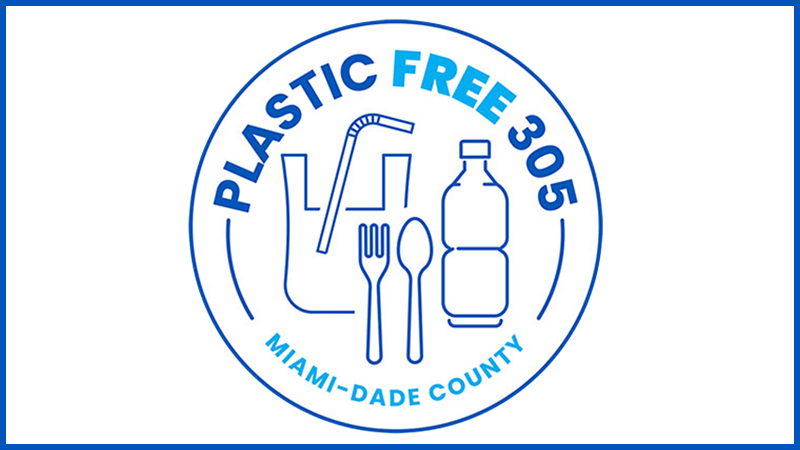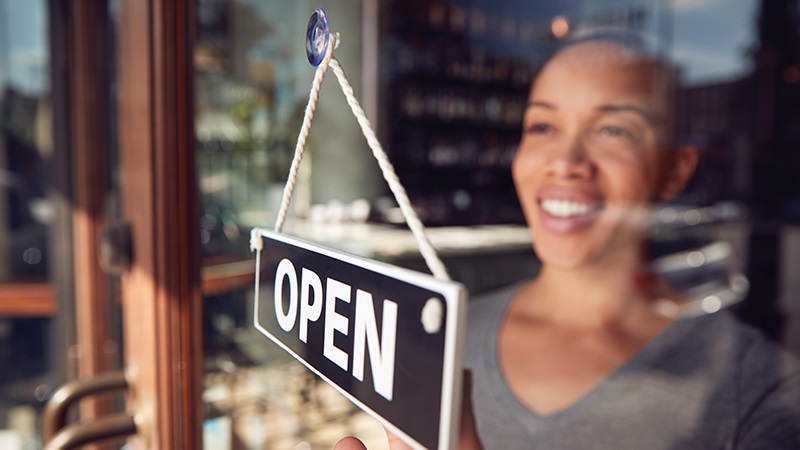Black Business Month
Black Business Month is celebrated annually during the month of August, as a time when individuals and businesses recognize Black-owned businesses across the country.
During Black Business Month, local government officials, community leaders and venture capitalists are encouraged to focus efforts on supporting Black-owned businesses and creating a more hospitable environment in which Black-owned businesses can grow. Black businesses are essential to the people and communities they serve and operate in.
Miami-Dade County is ranked 5th in the nation for the largest number of Black-owned employer businesses, and Miami's Black consumer market is valued at $5.5 billion dollars, making it the 14th largest in the nation.
Here are other contributions made in Miami-Dade County's Black business community:
- Comprises 51,285 of the 468,185 business firms throughout Miami-Dade County (10.95 percent)
- Generates over $2.3 billion in annual sales, receipts, and total value of shipments
- Employs a total of 12,227 individuals
- Manages a combined annual payroll of over $320 million
Source: U.S. Census Bureau and U.S. Bureau of Labor Statistics
About Us
Following the riots that erupted in 1980 after officers were acquitted for the death of Arthur McDuffie, the City of Miami and Miami-Dade County collaborated to create Metro-Miami Action Plan (MMAP) in 1983 as a solution to socioeconomic disparities in employment, economic development, education, housing, health and human services and criminal justice. In 1992, MMAP was further empowered by becoming a trust, and in September 2009 it was reorganized into MDEAT by ordinance 09-70.
Since its inception, MDEAT’s focus has been on addressing socioeconomic disparities within the community. MDEAT does so by focusing on the individual (i.e., youth and individual family member support), building neighborhoods through the expansion of homeownership, and supporting the foundation of strong businesses and economic development via job creation, entrepreneurship, business retention, and expansion. These three gears - family, neighborhood, and business - work together to connect the community to resources, funding, and programming that together create whole communities.





